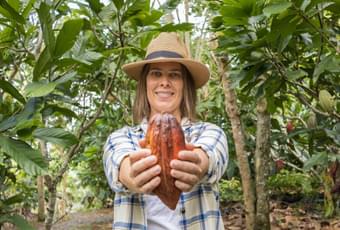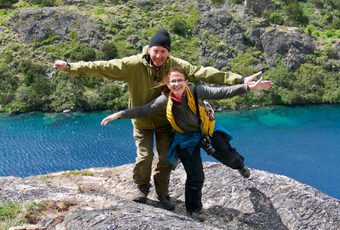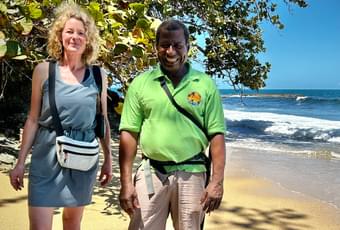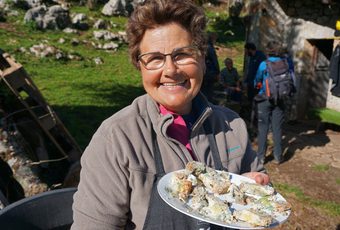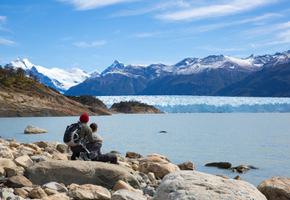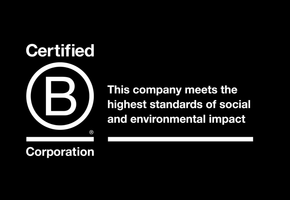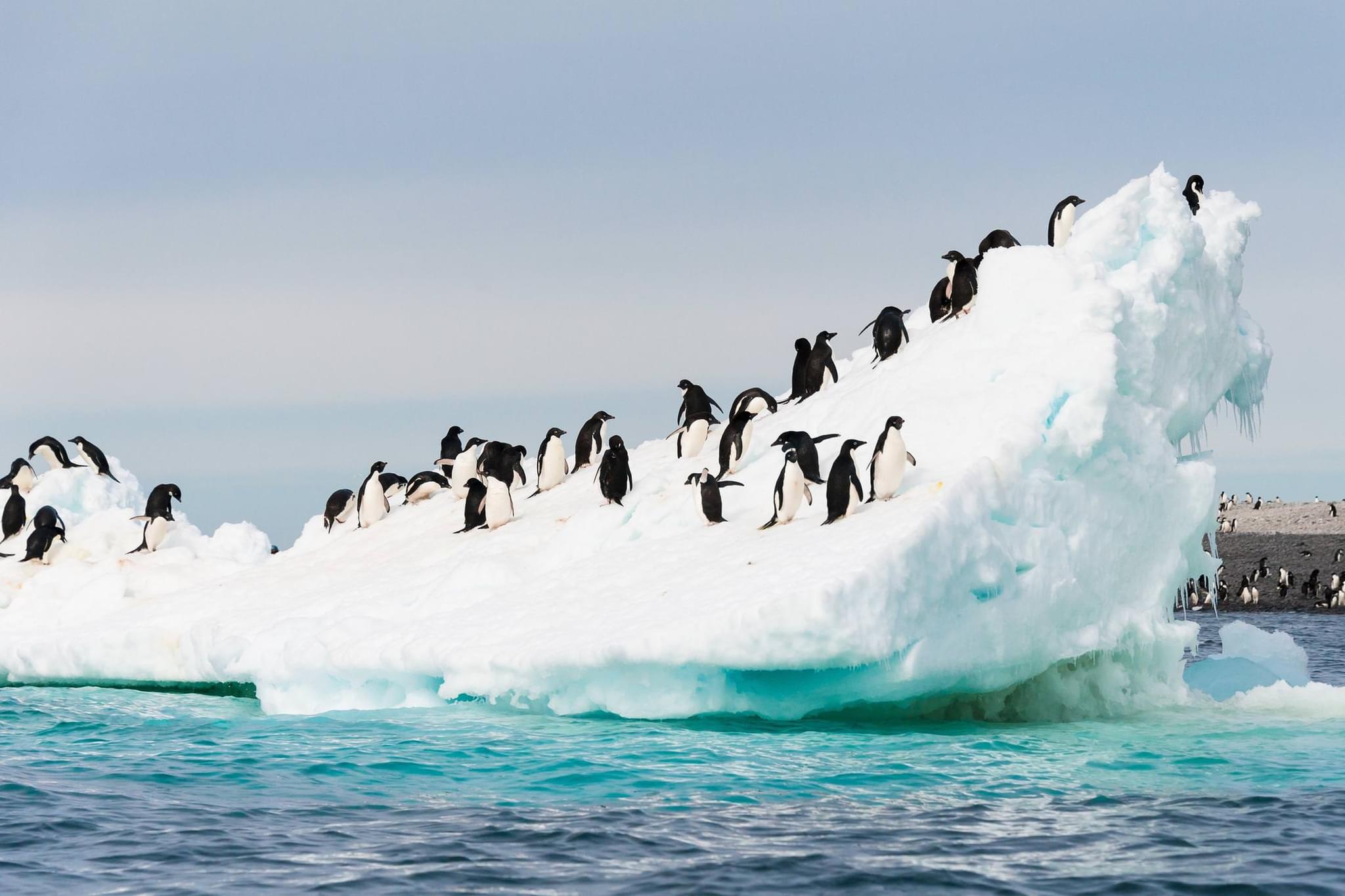
Antarctica
Our Antarctica Vacations can be tailored just for you, with dates, durations and itineraries adjusted to suit your needs. Speak to our team for a fully personalised quote.

Falkland Islands
There is something extraordinary about this little slice of Britain so far from the motherland. The stories, and tragedy, of the war are very much alive here. As are vast populations of albatross, petrels, elephant seals, fur seals and five different kinds of penguins...
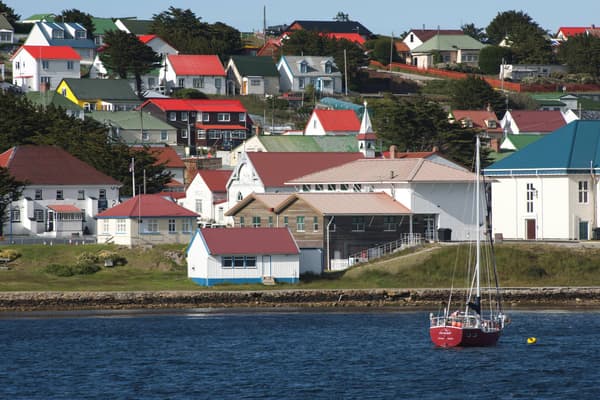
The islands remain a political hot-potato to this day. But they’ve been squabbled over since considerably earlier, with the first recorded sighting all the way back in 1592 by British sea captain John Davis, and possible Spanish sightings far earlier. It’s not all about war and political grandstanding and quaint ‘British’ pubs though.
On your time here you’ll also hear stories about what was once a major port for ships attempting to round the formidable waters of Cape Horn. The wreckage of a British-built clipper, which got into difficulties whilst attempting to round the Cape in 1913 stands testament to this era.
Macaroni or Rockhopper?
While for many visitors, in particular those from the UK, the cultural/human aspect of the Falklands will be fascinating, the islands can more than hold their own as a wildlife destination. Perhaps the most famous of the islands’ wildlife, you will see up to five species of penguin here, only one of which are you likely to come across in Antarctica. That’s the Gentoo, which has its largest single population here.
The Magellanic penguin is a rather shy breed, diving into its burrow when disturbed. It is estimated around 100,000 pairs arrive each summer. Macaroni and Rockhopper penguins and their distinctive yellow crests can easily be confused by a casual observer. Macaronis are slightly larger, and their crests tend to be more of a swept-back affair, whereas the Rockhopper favours more of a spiky look. The most striking are the magnificent King penguins, distinguished by the orange colouring on their breasts. In the Falklands there are around 1,000 breeding adults.
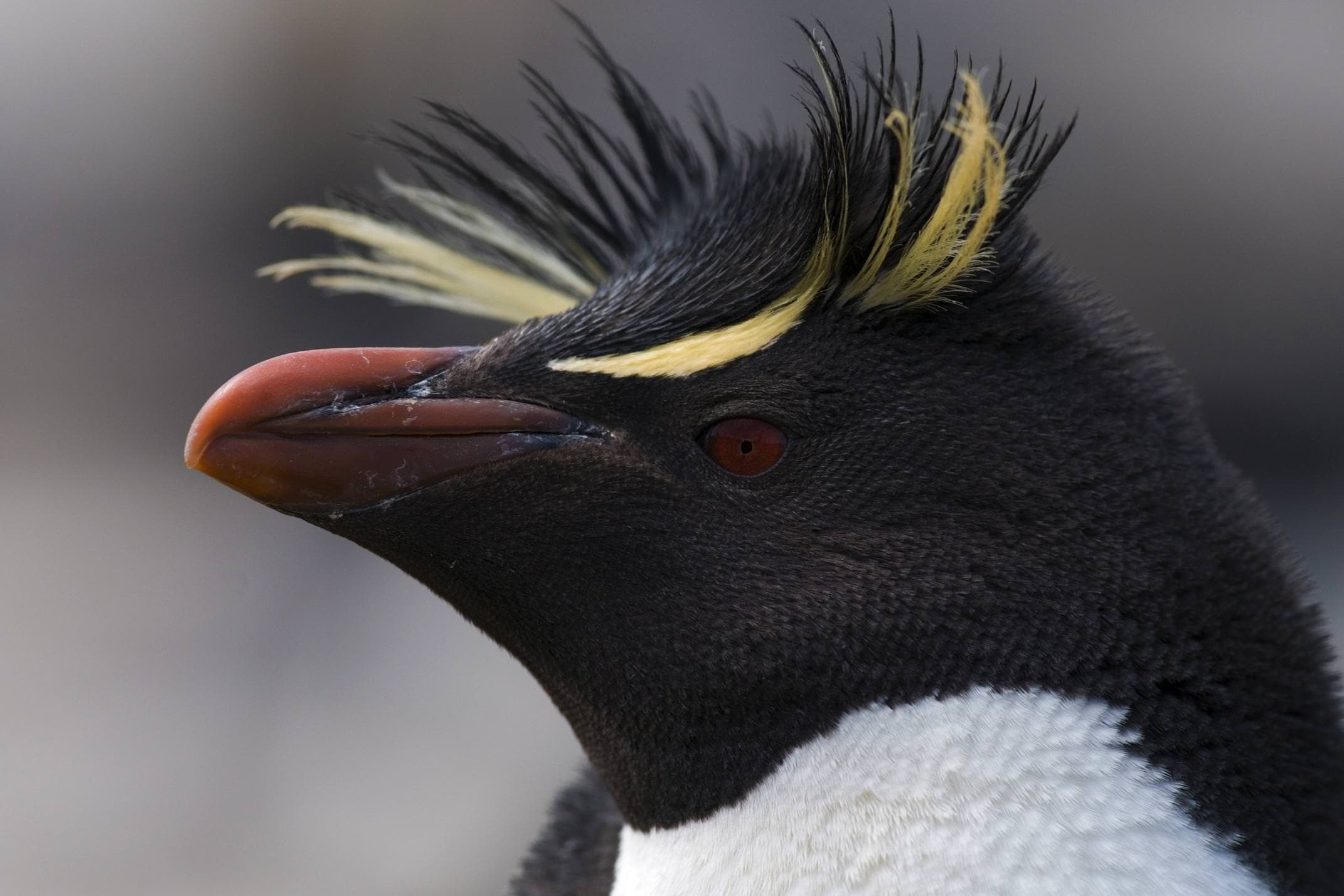
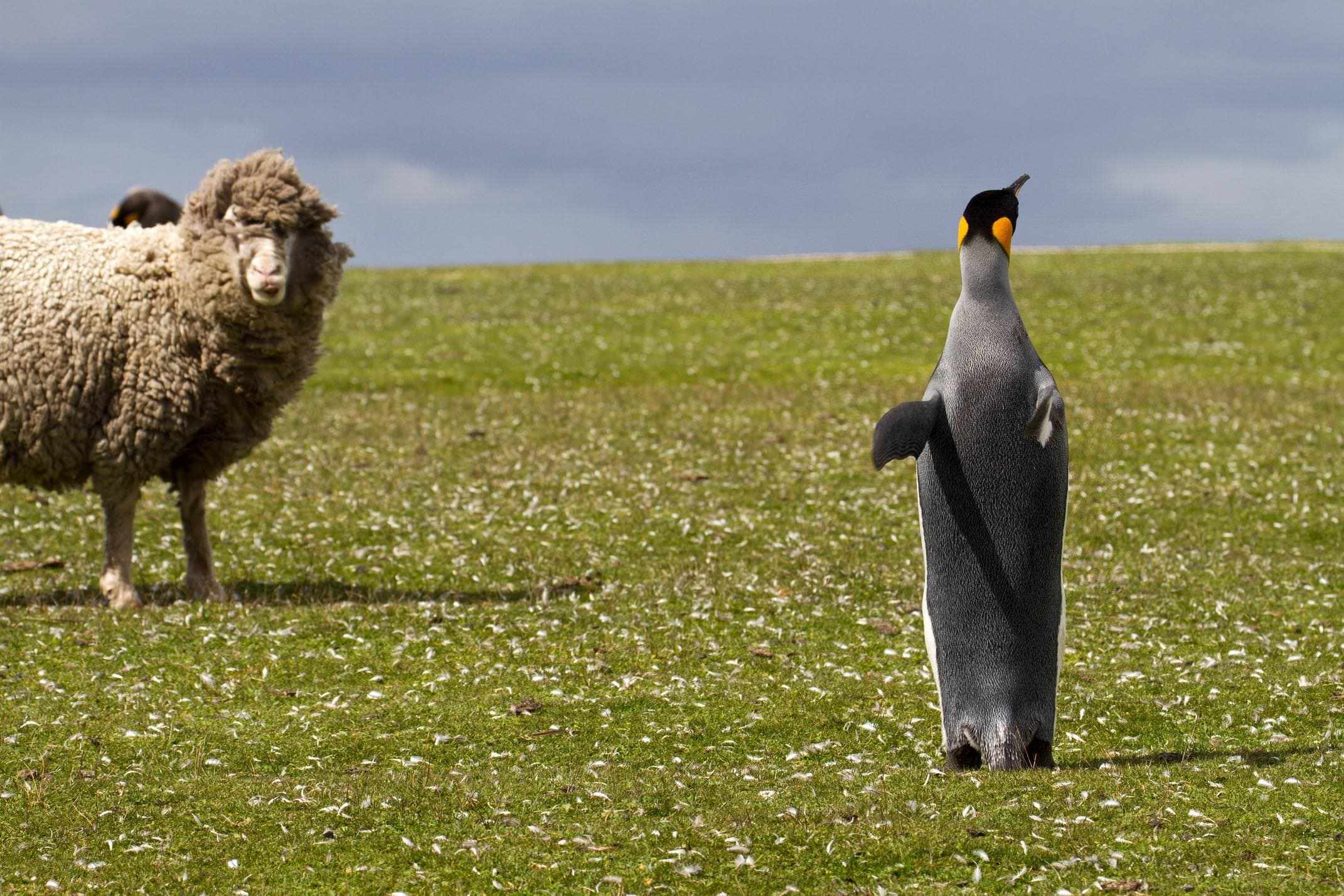
Bring your binoculars
Of the Falkland’s sea birds, the Black-browed albatross is arguably the most beautiful, known locally as ‘mollymawks’. The Falklands are home to around half a million breeding pairs - around 70% of the world’s population. Less affectionate is the Southern Giant petrel’s sobriquet – ‘Stinker’. Much less numerous than the albatross, the Falklands is nonetheless the most important breeding site in the world, with around 20,000 pairs. Other notable species you’ll likely come across include the an endemic, flightless Falklands Steamer duck, Sooty shearwaters, Cape petrels, Southern fulmars, Peregrine falcons and a host of teals, sandpipers, finches, thrushes and plovers. In other words, bring your binoculars.
Aquatic action - whales and more
Wildlife comes in non-feathery form too. The elephant seals are quite a sight, and quite a sound, to behold. Most prolific are the Falkland fur seals, mostly found in the north west of the islands and the Southern sea lions, which breed throughout the archipelago. Sadly the southern sea lion has suffered massive decreases in numbers in the Falklands (as it has elsewhere), often due to clashing interests with the local fishing industry.
The waters off the Falklands are rich in dolphins and whales, with several species offering a good chance of sightings. Most common are the inquisitive Peale’s dolphins, seen in groups of up to 15. Commerson’s dolphins prefer waters close to shore, such as bays and harbours. On the whale front, the most likely sightings will be of pilot whales. If you’re lucky, you might see Fin, Sei, Minke, Sperm, Southern Right and Humpbacks. The orca is perhaps the biggest draw of all the marine mammals, and chances of sightings are excellent in the austral summer.
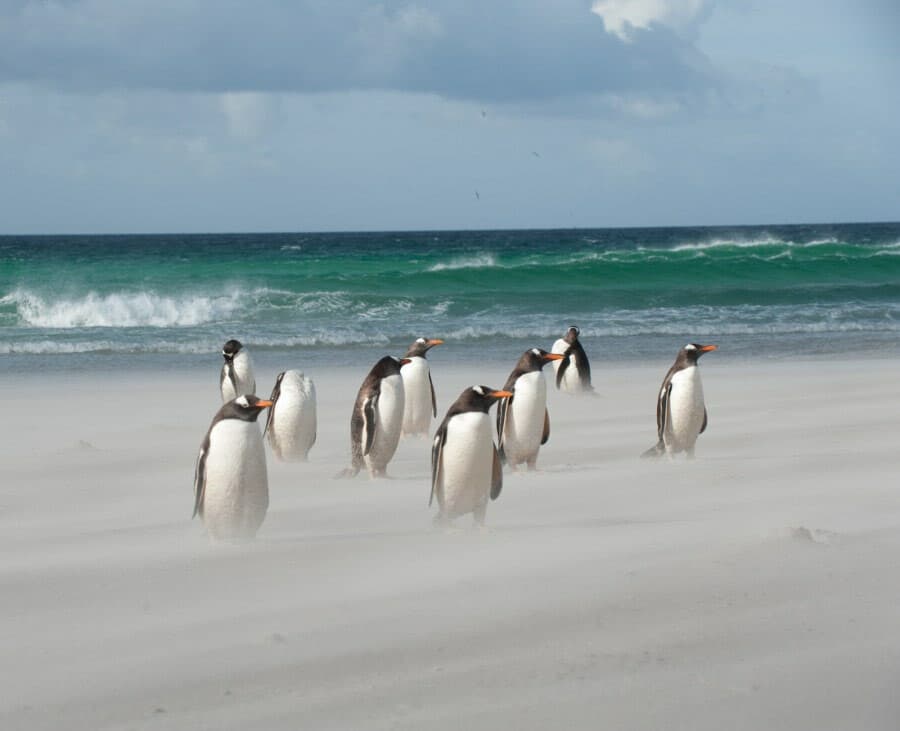
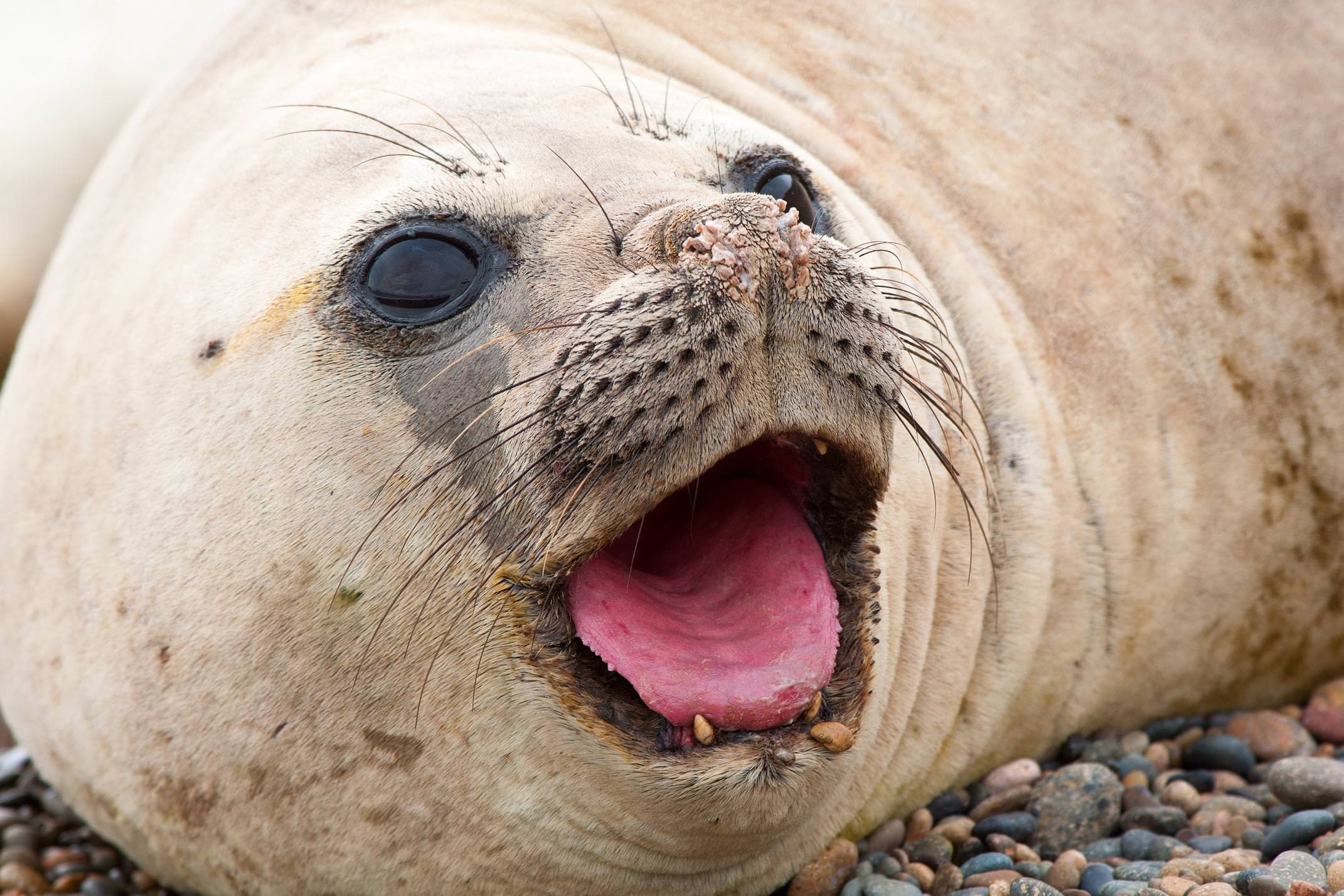
How to visit the Falkland Islands with Pura Aventura
If you’re visiting the archipelago with us, it’s highly likely you’ll be swinging your way out east on a Southern Oceans cruise to the Falkland Islands, South Georgia and Antarctica. That’s not to say we can’t land you there my other means, it’s just the one that we are most asked about. All told it’s around three weeks to complete the loop of a lifetime from the wildlife-rich shores of the Valdés Peninsula in Argentine Patagonia, ending in Ushuaia at the bottom of the continent.
As you’ve probably seen for yourself, there are many tour operators who can ‘sell’ you this cruise. We make no claims to exclusivity. We do hope though that what you have read here gives a little inkling into the personal experiences we’ve been fortunate enough to have here and which we’d love to pass the benefit of onto you. That level of detail extends to making sure we help you find the right ship and itinerary for you.
Should you need more reason to place your trust in us, we’d love to show you what we can do in Patagonia, from whence you’ll sail. We’ve been travelling up and down it, poking around every corner, for the past quarter of a century.

Falklands, South Georgia & Antarctica Cruise
-
$20,000 pp
- 23 days
Travel with Pura Aventura
Exceptional Vacations
Best in class vacations, service, characterful hotels, lovely locals, food and beautiful walks - that's what our clients tell us they love about our vacations, as noted in the highest possible 5* Feefo Platinum Award.
Certified B Corp
We are one of the first UK travel companies to be certified B Corp – regarded by The Independent as the premier sustainability certification, and described by Which? as "meeting the highest standards of social and environmental performance".
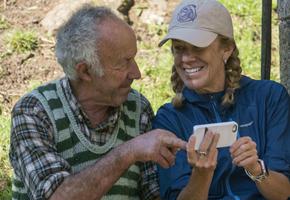
Award-winning Travel Positive
We are proud to have been recipients of awards from both Wanderlust and LUXLife for our sustainable Travel Positive initiative, that includes balancing carbon by 160%, and providing 1% of our revenue to the planet.

